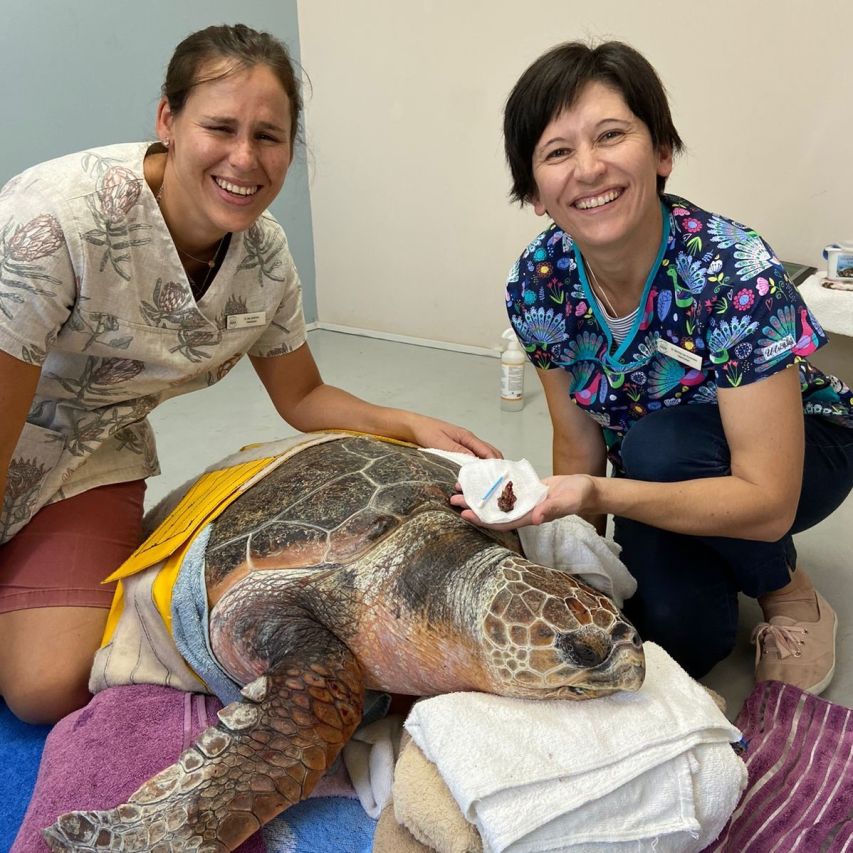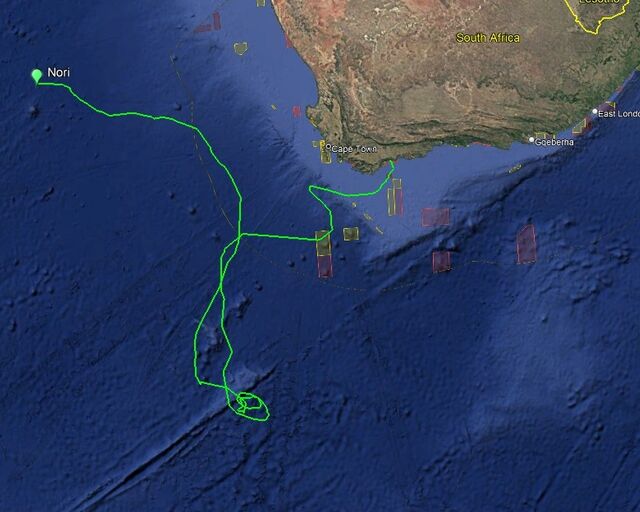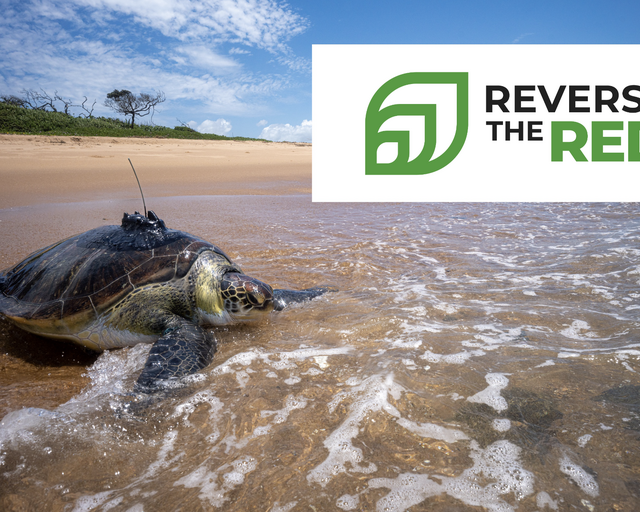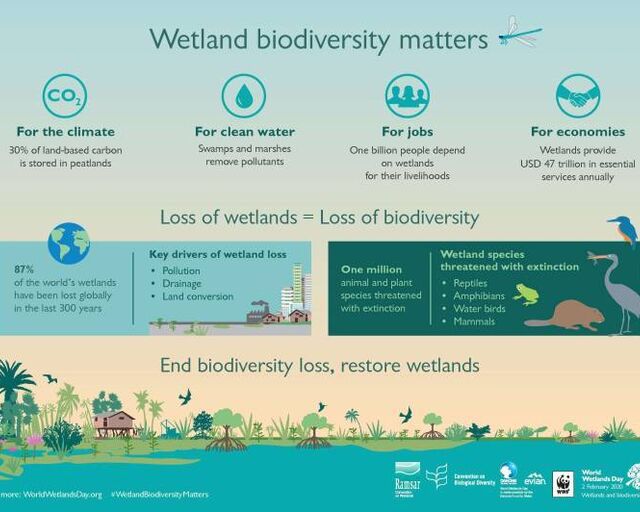At the Two Oceans Aquarium, animal health is our top priority. Our veterinary team’s support is essential to the well-being of our marine ambassadors and the proper functioning of the Aquarium and our Foundation.
Today, on World Veterinary Day, we’re shining a light on our incredible (and women-led) veterinary team! Dr Ilse Jenkinson is the official vet for the Two Oceans Aquarium – she works with all the animals housed in our exhibits, from sharks and rays to penguins and fish. Dr Bernice van Huyssteen is our specialised turtle vet – she deals exclusively with turtle patients at our Foundation’s Turtle Conservation Centre. All our animals get regular check-ups from our veterinary team.
Here's a sneak peek at just a few jobs that our incredible vets achieve during the week.

Clinical health check:
Our vets conduct clinical health checks regularly to ensure that all our animals are in the best shape. These are basic yet essential examinations of the external parts of the animal. The vet looks at the general body condition and assesses the range of movement in their limbs (or fins!). Our vets frequently disinfect their hands or gloves while working to ensure hygiene. Body checks are a fundamental step in assessing what treatment, if any, the animal needs.
When our Turtle Conservation Centre receives stranded turtle hatchlings, Dr Bernice checks the little turtles for swelling, discomfort, resistance, or broken bones. This includes inspecting all openings, such as eyes, nostrils, mouth, and anus. This is vital in admitting the turtle hatchlings to our rehabilitation programme.
Blood work:
Many of our animals, such as sharks and penguins, require sedation before Dr Ilse can conduct checks – this allows her to work safely without stressing the animal. Penguins, especially, have strong beaks and sharp toenails, so sedation also helps to avoid any injury to the vet and the assistant. Sedatives are carefully administered and are completely safe for the animals – the effects wear off within minutes.
While the animal is sedated, Dr Ilse conducts glucose checks and blood tests. Glucose (or blood sugar level) is another important marker in determining food schedules and amounts. All animal species have different ranges of glucose levels that are considered “normal”. Anything outside of that range may point to problems with their diet or general health, so we must maintain a check on these levels. If an African penguin, for example, has lower or higher than normal glucose levels, Dr Ilse provides the care it needs to get back on track.
Weigh-ins:
Our Animal Husbandry team plays a vital role in supporting our vets. They assist with a host of duties, such as weigh-ins. Most of our animals are weighed frequently – this is a baseline marker of general health and a tool for determining their feeding schedules.
X-rays:
Believe it or not, even sharks can be x-rayed! X-rays are a crucial tool in monitoring the animals’ internal health status. X-rays depict the skeletal system and any infection or damage to the bones. They can also monitor infection in the lungs and the gastrointestinal tract and detect any build-up of gas.
For each animal, there are certain “angles” that require X-rays. For turtles, Dr Bernice X-rays from three different angles: a “bird’s eye view” (dorsal-ventral), a side angle (lateral) and vertically from head to tail (cranial-caudal).
Of course, this is just a small look at what our dedicated veterinary team does for the animals at the Aquarium. Drs Ilse and Bernice are incredibly enthusiastic and caring vets, without whom our animals would not be as healthy and happy!


